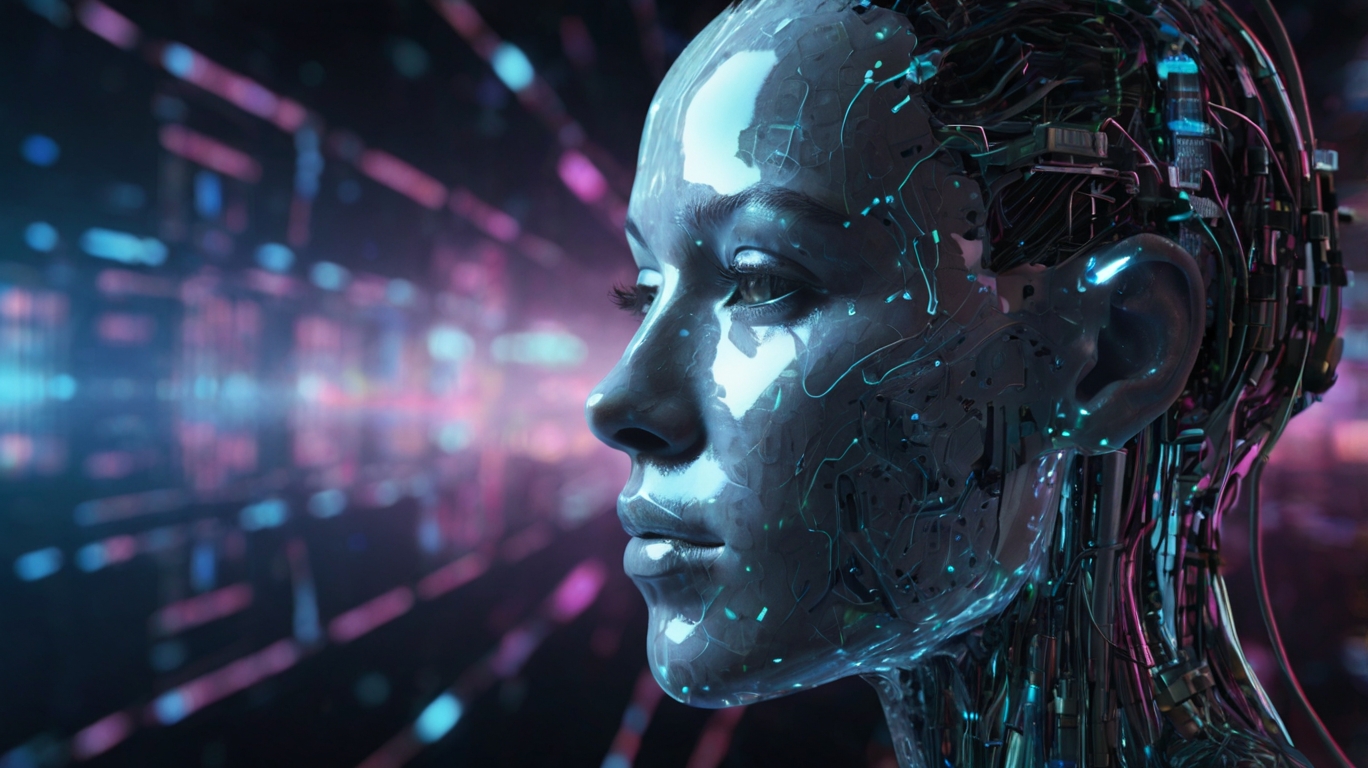Imagine a world where your memories, thoughts, and personality could live on—even after your body no longer can. It sounds like science fiction, but the idea of digital immortality is quickly becoming a serious topic in both science and technology. As artificial intelligence, neuroscience, and computing power advance, researchers are beginning to ask: Could we one day upload the human mind?
In simple terms, digital immortality is the concept of using technology to preserve a person’s consciousness—memories, thoughts, emotions, and personality—so that it can exist beyond the limits of the human body.
Let’s explore what this means, how close we are to making it real, and what challenges and questions still remain.
What Is Digital Immortality?
Digital immortality means creating a digital version of your mind that can continue to “exist” after death. This could take many forms:
-
A virtual avatar that speaks and thinks like you
-
A digital consciousness uploaded into a robot or virtual world
-
A memory-based AI that your loved ones can talk to after you’re gone
It’s a blend of AI, neuroscience, and personal data. Companies and researchers are already working on ways to map brain activity, record life stories, and simulate human thought patterns.
How Could It Work?
To achieve digital immortality, scientists would need to understand exactly how the brain stores identity. This includes:
-
Neural mapping: Scanning the entire brain down to the level of individual neurons and their connections
-
Data capture: Collecting all of a person’s digital footprints—emails, texts, videos, photos, social media, even voice recordings
-
AI modeling: Using machine learning to teach a system how you think, react, and express emotions
This is no easy task. The human brain has about 86 billion neurons and trillions of connections. Reproducing this digitally is a major challenge—but not impossible.
Projects Already in Progress
Several tech companies and research groups are already exploring digital immortality.
-
Replika: An AI chatbot app that lets people create digital versions of themselves or loved ones, learning from conversations
-
MindBank.ai: A platform that records your thoughts and conversations to build a digital version of you over time
-
Nectome: A controversial startup trying to preserve the brain’s structure after death with the hope of future upload
Even Elon Musk’s Neuralink project, which aims to create a brain-computer interface, could one day be a stepping stone toward mind uploading.
The Benefits: Why Would We Want This?
Digital immortality raises big hopes for the future:
-
Legacy: Loved ones could interact with a digital version of you, preserving memories and family history
-
Knowledge sharing: Great thinkers and teachers could continue to share ideas even after death
-
Mental health: AI companions modeled after lost family members might offer comfort during grief
-
Medical breakthroughs: Brain mapping for this purpose could help fight diseases like Alzheimer’s or Parkinson’s
The Challenges and Concerns
Despite the excitement, there are many hurdles:
-
Is it really “you”? Even if a program copies your personality, is it truly conscious—or just a simulation?
-
Privacy: Could your digital self be hacked, misused, or sold?
-
Ethics: Should people have the right to “live forever” digitally? What if your digital self says or does things you wouldn’t approve of?
-
Cost and access: Would this technology be for everyone, or only the wealthy?
Philosophers, scientists, and lawmakers are already discussing how to handle these complex issues.
How Close Are We?
We’re still far from uploading a complete human consciousness. Current technology can mimic certain behaviors and personalities, but true digital consciousness—with self-awareness and full memory—is still theoretical.
However, in the next few decades, we could see major progress in brain mapping, AI modeling, and digital simulation. What was once the stuff of sci-fi might become part of normal life for future generations.
Final Thoughts
Digital immortality remains one of the most fascinating—and controversial—ideas of our time. It pushes the boundaries of what it means to be human, challenges our beliefs about life and death, and offers the promise of preserving who we are long after we’re gone.
While we’re not there yet, the seeds have been planted. Whether it’s through memory-based AI, advanced brain interfaces, or full digital avatars, the future of human identity may extend far beyond biology.
Will your digital self be part of tomorrow? Only time—and technology—will tell.





